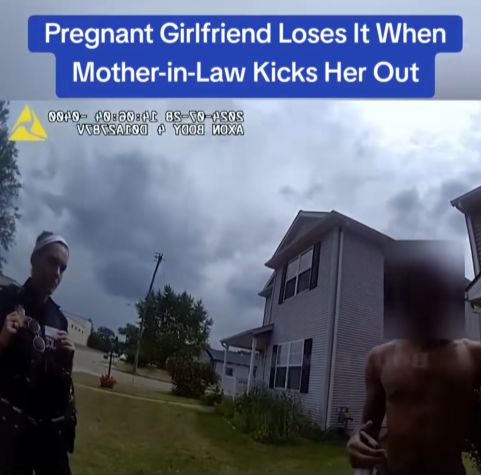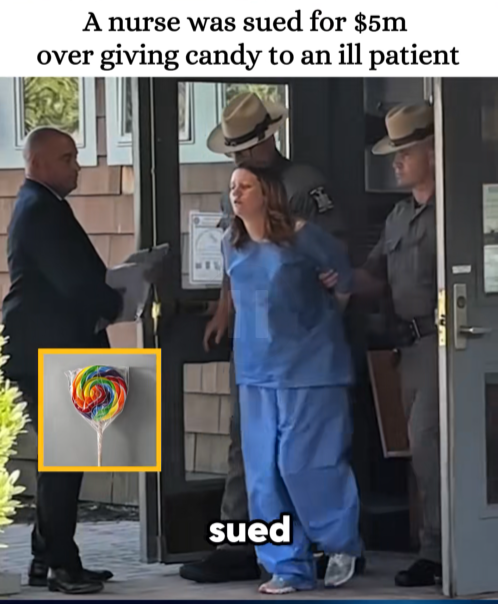An elementary school in Volusia County, Florida, was thrust into the spotlight this week after an 11-year-old boy was arrested in connection with an alleged school threat, sending shockwaves through the community and reigniting discussions about the growing issue of threats made by minors.
According to authorities, the incident began when the child reportedly made alarming statements online that were interpreted as potential threats toward his school. While officials confirmed there was no physical act of violence, the words alone were enough to trigger an immediate investigation by the Volusia County Sheriff’s Office. Officers acted swiftly, locating the child and taking him into custody to ensure the safety of students and staff.
Sheriff Mike Chitwood, who addressed the media during a press briefing, emphasized the seriousness of the situation. “We’re not playing games when it comes to school threats,” he said firmly. “It doesn’t matter if you’re 11, 15, or 50 — making these kinds of statements will get you arrested. Words have consequences.”
Investigators revealed that the boy had sent messages in an online group chat that referenced potential harm at his school. While no actual weapons or dangerous materials were found, law enforcement stated that the comments could not be ignored, especially in light of recent national concerns surrounding school safety. “Every threat must be treated as real until proven otherwise,” Sheriff Chitwood added.
The child’s parents were reportedly devastated by the arrest. According to sources, they told investigators that their son did not fully understand the gravity of his actions and thought it was “just a joke.” However, prosecutors and educators alike are stressing that in today’s climate, even seemingly harmless online remarks can spark fear and disruption.
This arrest marks yet another in a troubling trend across the country, where law enforcement agencies are grappling with how to balance accountability and education when minors make threatening comments. Florida law allows children to be charged for making written or verbal threats, and such cases often result in probation, counseling, or alternative education programs rather than detention.
Parents in the community expressed mixed emotions. Some praised the police for acting quickly, while others worried that the criminal justice response could have long-term effects on the child’s future. “We want our kids to be safe, but we also need to teach them — not just punish them,” one parent commented outside the school gates.
Sheriff Chitwood echoed that sentiment, urging parents to monitor their children’s online activity and talk to them about the real-world impact of what they say online. “The internet isn’t a playground,” he warned. “It’s a public space, and every word you type leaves a trail.”
As the investigation continues, the 11-year-old’s case serves as a sobering reminder: in the digital age, even a single message sent in jest can change a life overnight — and turn a classroom into the center of a countywide scare.











Leave a Reply